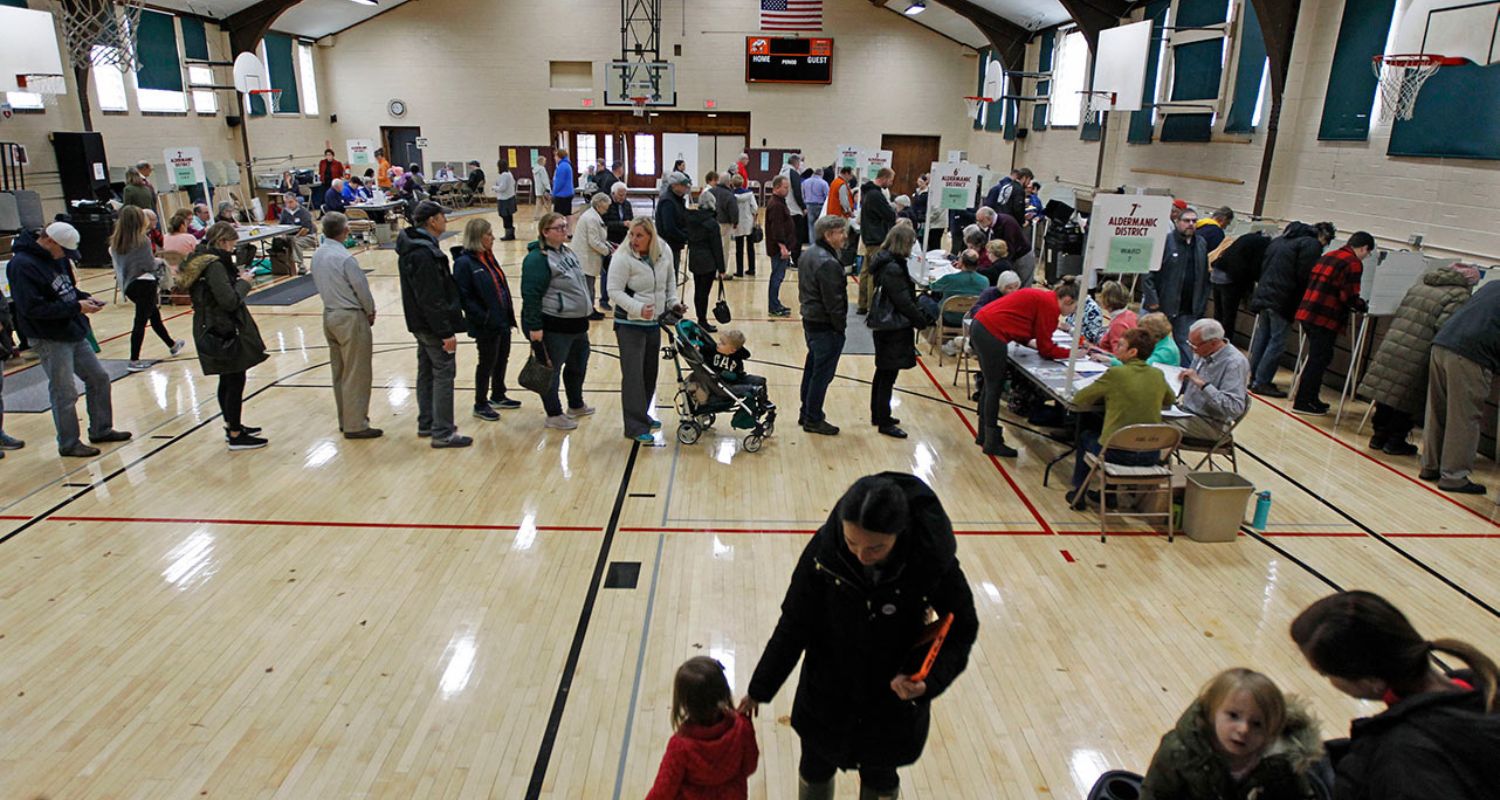The recent approval of a constitutional amendment in Wisconsin represents a significant milestone, signaling the resounding commitment of its citizens to prioritize election integrity.
This historic decision underscores the state’s dedication to upholding the sanctity of elections by prohibiting private funding in the electoral process.
By enshrining this principle into the state constitution, Wisconsin sets a precedent for safeguarding the democratic process, emphasizing the importance of transparency, fairness, and independence in elections, thereby shaping the future trajectory of electoral governance in the state.
A Clear Call for Reform
The ban on private funding, notably in reaction to grants supported by contributions from Facebook founder Mark Zuckerberg in 2020, highlights the electorate’s call for transparency and fairness in elections.
This legislative move emphasizes the vital role of public trust in the fundamental tenets of democracy, reinforcing the imperative of ensuring integrity and equity in the electoral system.
By restricting external financial influences, Wisconsin’s actions reflect a commitment to upholding democratic values and principles, safeguarding the democratic process, and fostering a sense of trust and credibility among voters.
Navigating Legal Complexities
Amidst evolving circumstances, the Wisconsin Supreme Court’s choice to refrain from defining district boundaries for a potential recall vote introduces complexity to the state’s political terrain.
This decision underscores the intricate nature of electoral reform, highlighting the challenges and legal complexities inherent in reshaping electoral processes.
The court’s abstention serves as a poignant reminder that the journey towards enhancing electoral systems is multifaceted, requiring careful navigation through legal intricacies and procedural nuances to ensure transparency and fairness in the electoral process.
Conclusion
Wisconsin’s recent electoral results go beyond numbers, reflecting the state’s steadfast dedication to preserving the integrity of its electoral processes. Serving as a model for electoral probity, Wisconsin’s outcomes resonate nationally, setting a standard for electoral fairness and transparency that could influence electoral practices nationwide.
The state’s commitment to upholding the sanctity of its elections not only shapes its political landscape but also sends a powerful message about the importance of maintaining trust and credibility in the democratic process, potentially inspiring similar principles in elections across the country.
Frequently Asked Questions
1. What implications does the ban on private funding hold for future Wisconsin elections?
The prohibition signifies that Wisconsin elections will no longer rely on private funding, ensuring that the administration of elections remains solely within the public domain.
2. What prompted the proposal of this amendment?
The amendment was prompted by concerns arising from the utilization of private grants, funded by Mark Zuckerberg, during the 2020 elections, raising apprehensions about the influence of private finances on public electoral processes.
3. How did Wisconsin voters respond to this amendment?
Wisconsin voters ratified the constitutional amendment, demonstrating their endorsement of preserving the integrity of elections by exclusively utilizing public funds.
4. What was the Wisconsin Supreme Court’s stance on district boundary delineation?
The Wisconsin Supreme Court opted not to provide clarity regarding legislative district boundary demarcations for a potential recall election, leaving the matter unresolved.
5. What broader ramifications do these electoral outcomes carry?
The approval of the amendment and the Wisconsin Supreme Court’s decision underscore the ongoing endeavors and hurdles in ensuring equitable and transparent electoral practices, establishing a precedent with potential nationwide influence.

